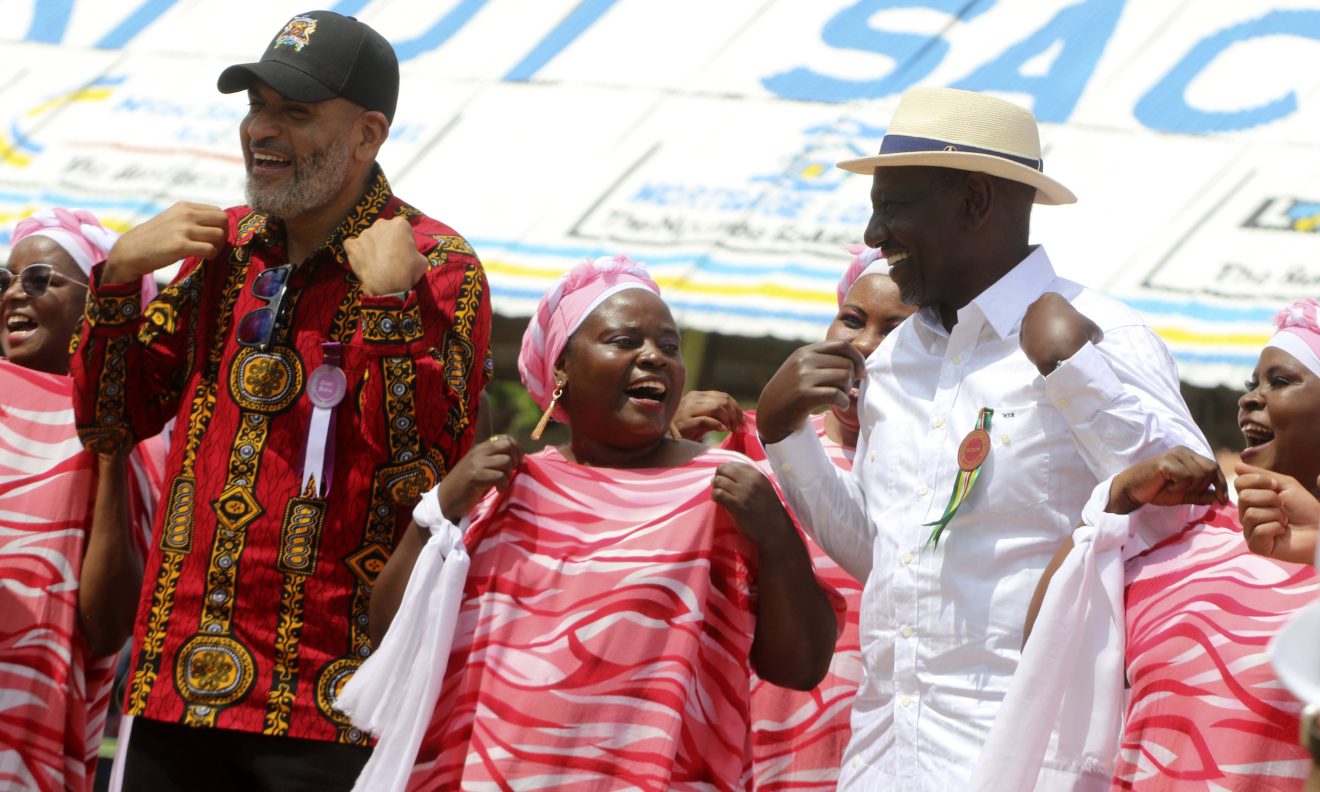Governors rush to defend themselves from the wave of impeachment
many motions to remove governors have failed, senators have now joined governors in demanding a review of the process to remove them from office to prevent abuse of the motions. This comes after several cases to remove governors failed on procedural grounds in the Senate.
Impeachment motions against governors driven by politics, Abdullahi saysGovernors face rising impeachment threats due to weak political protection, says Council of Governors Chair Ahmed Abdullahi.
Posted by K24 TV on Wednesday, September 3, 2025
WHILE many motions to remove governors have failed, senators have now joined governors in demanding a review of the process to remove them from office to prevent abuse of the motions. This comes after several cases to remove governors failed on procedural grounds in the Senate.
This comes at a time when motions against governors and their deputies have increased, with the Senate handling at least eight cases to remove county leaders since the 2022 elections.
While governors have accused councilors of using the removal process as a baseless political weapon, senators now want to create rules to guide councilors as they prepare the motions. Since 2013, the Senate has handled at least 19 cases to remove governors, with only eight successful, and three being discontinued before they could be fully heard.
The Senate recently considered the motion to remove Kericho Governor Eric Mutai for the second time in a year, while the motion against Isiolo Governor Abdi Guyo was dismissed last month on procedural grounds, with councilors failing to confirm whether the hearings to discuss the motion were held. Most of the motions to remove governors focus on allegations of corruption, abuse of power and abuse of office.
However, the governors who are accused say they are being politically targeted and deliberately harassed. On Tuesday, the Chairman of the House of Governors, Ahmed Abdullahi, lamented the misuse of the motions, saying many are driven by politics, factionalism and succession struggles, rather than having the objective of accountability. He explained that most of the motions to remove leaders stem from political battles in the counties and are not offenses that should be used to remove someone from office.
“Most of these arguments are related to dirty politics in our counties; there are factional conflicts, succession issues, and it is not always due to poor management,” said the Wajir Governor.
He stressed that there is a lack of transparency regarding the legal framework for the process of removing leaders, noting that the boundary between legal and political reasons for removing a leader is still unclear. Criticizing the use of impeachment arguments as a weapon to avenge political atrocities, Abdullahi said the measure should be a last resort after all other means have failed. “Removing a leader from office should be a last resort.
“We cannot use the process as the first weapon in a political battle. Even the definition of what constitutes ‘abuse of office’, ‘grave breach of the law’, or ‘violation of the Constitution’ is not well understood. Even lawyers have not agreed whether it is a legal or political process,” he said. Kakamega Senator Boni Khalwale said that the failure of many motions due to procedural issues indicated the need for formal guidelines on how to conduct the process in county assemblies.
He said councilors have been focusing on the reasons for removing a governor while forgetting to follow the proper procedure of the process. “Many of the failed motions have fallen because of the procedures. Therefore, there is an urgent need for a guide to help counselors. We cannot blame governors when the entire process of removing them is not legal,” said Khalwale.
The Senate Majority Leader also explained that councilors have been failing to provide sufficient evidence to prove that they have reached the two-thirds majority required in the motion to remove a leader.
“The case of Governor Mutai is a good example; they failed to show evidence that two-thirds of the councilors voted to remove him. Although allegations of abuse of office and embezzlement were there, the procedure was what denied them victory,” he added.


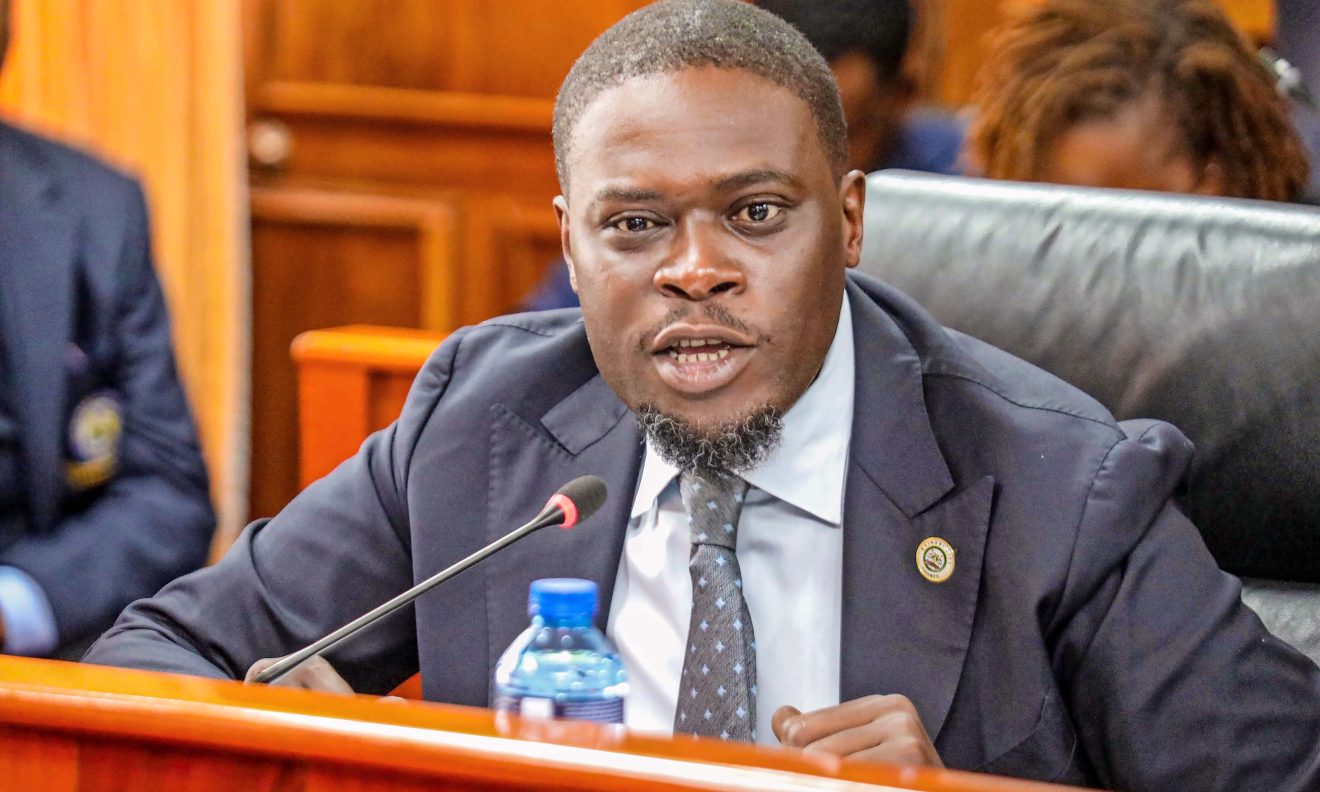

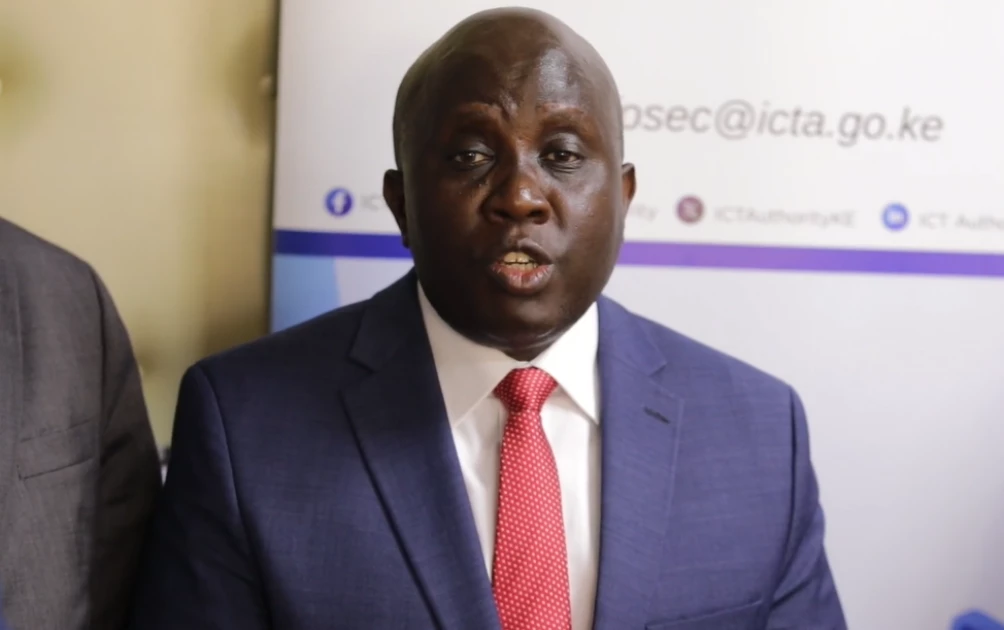

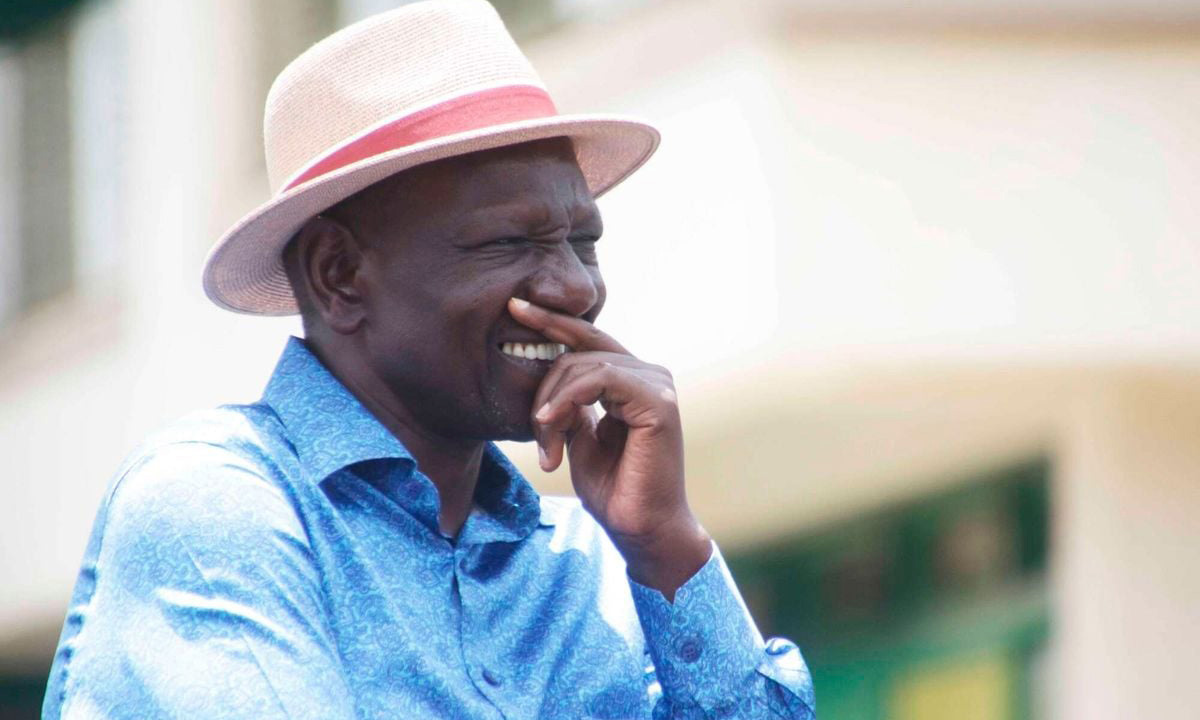
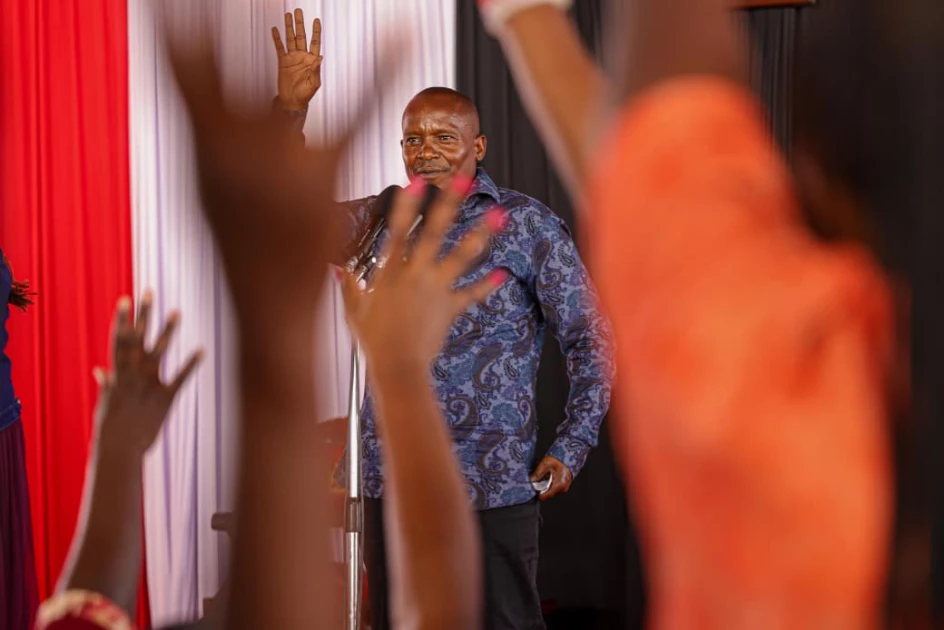
-og_image.webp)
